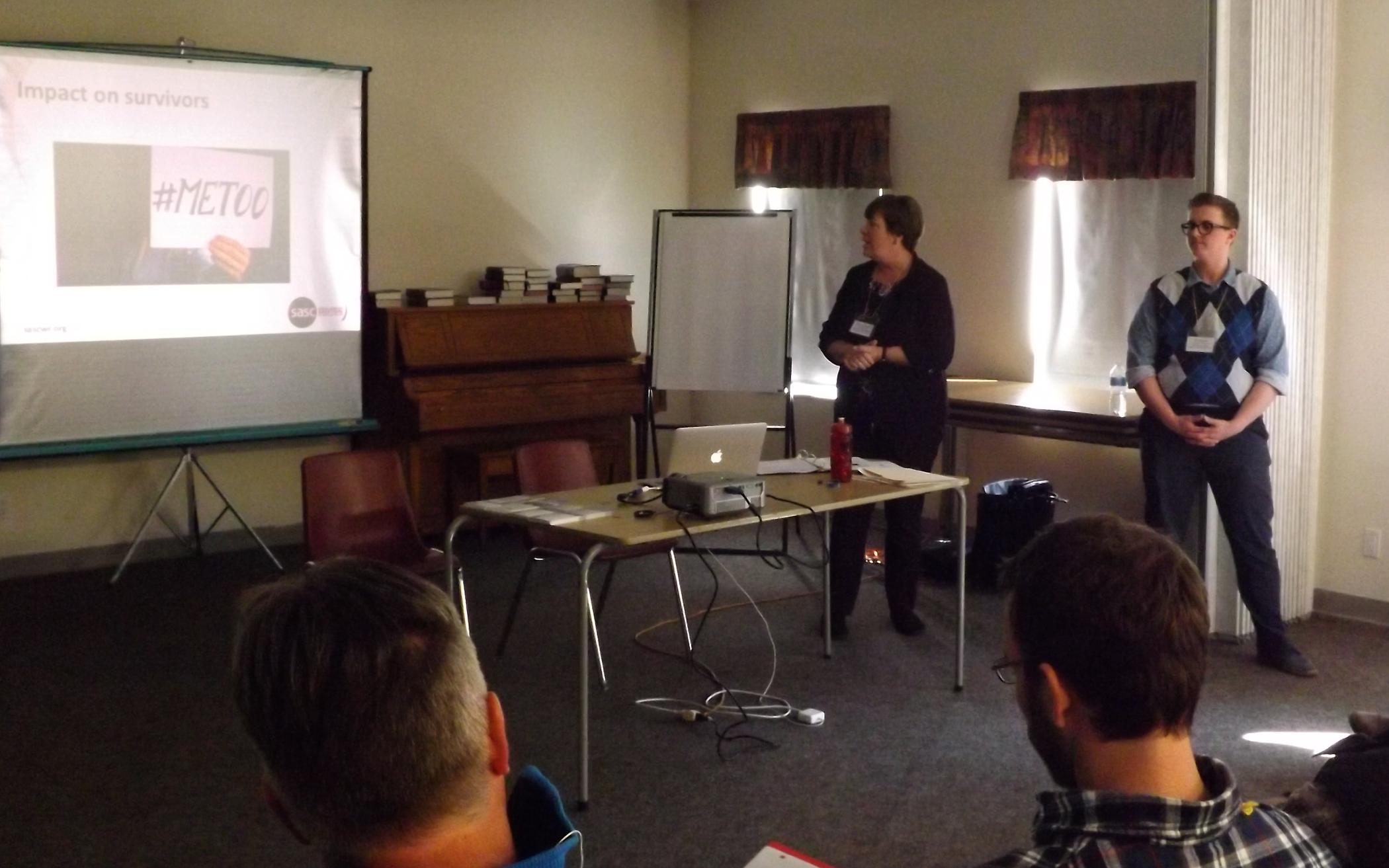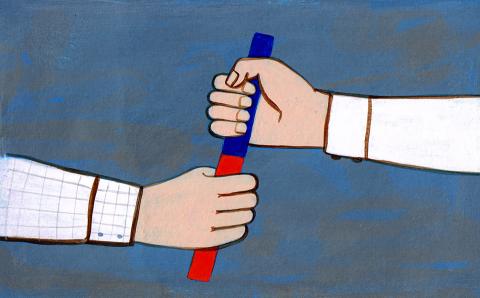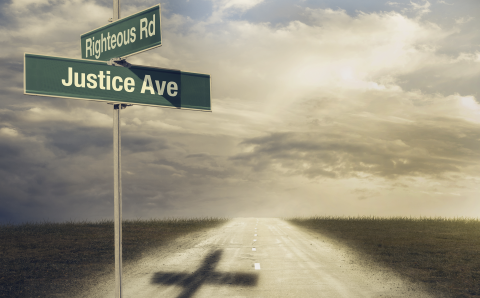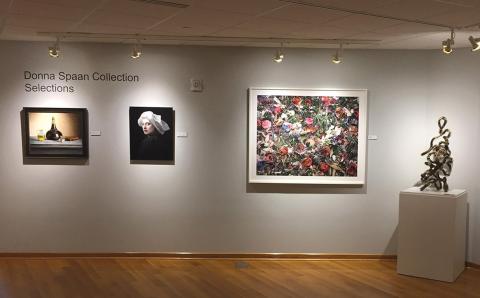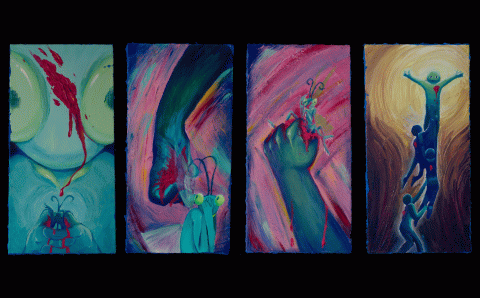Attendees of a Safe Church conference in Waterloo, Ont., considered strategies for both individuals and faith communities to address sexual violence as part of the day’s events presented by the Safe Church Ministry of the Christian Reformed Church.
Participants gathered at Waterloo CRC from around southwestern Ontario on March 3. Hosted by the Classis Huron Safe Church Committee, it’s an annual multi-region conference.
In an afternoon session that drew about 35 people, presenters Joan Tuchlinsky, public education manager of the Sexual Assault support Centre of Waterloo, and TK Pritchard, an educator with Male Allies, engaged participants in discussion about what contributes to an unsafe environment and what people can do to make churches, workplaces, and other public spaces safer for everyone.
The session made clear that there is a unique role for boys and men in dismantling the societal nuances that contribute to gender inequality. Pritchard addressed the 12 men in the workshop, encouraging them to treat women with respect, to model that respect to younger men and boys, and to challenge other men when they see harm being done. For example, he suggested that if someone makes a comment that’s disrespectful of women, a man can ask, “Did you think about what you just said?”
“We recognize that men and boys have a unique responsibility in being able to talk specifically to other men about sexual violence . . . and the ways that we interact with and treat women,” said Pritchard. “We can talk to one another in a way that sometimes women are much more silenced, so [instead] we can support them, and share and support the message that we want to treat women and girls with respect.”
Faith communities can do a lot in creating safe spaces, said Tuchlinsky. She suggested implementing policies to protect people, setting up advisory panels, and teaching respect from a young age. She noted that events like the annual Safe Church conference both educate church leaders and send the message that this discussion is important.
“There are unjust systems in the world [where] we can play that bigger role in changing, and that will end up coming down and creating safer communities that we live in,” said Tuchlinsky. “Local faith communities and individuals have a role to play, and there are always opportunities to use strategies to make changes and make things safer.”
About the Author
Anita Brinkman is a freelance news correspondent for The Banner. She lives in Chatham, Ontario.

